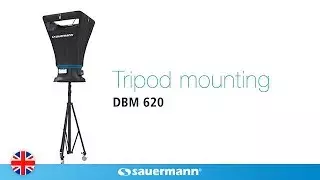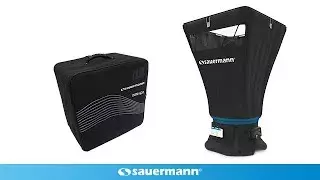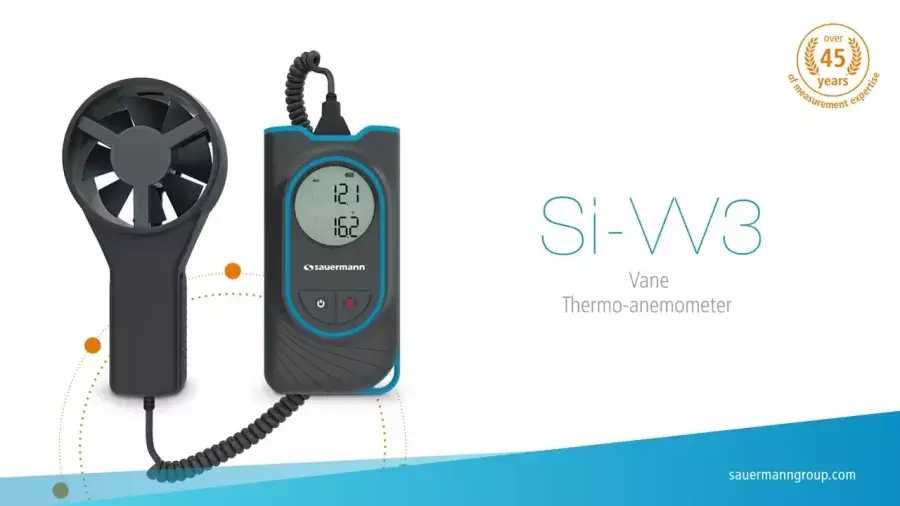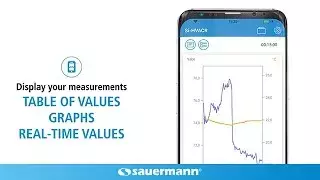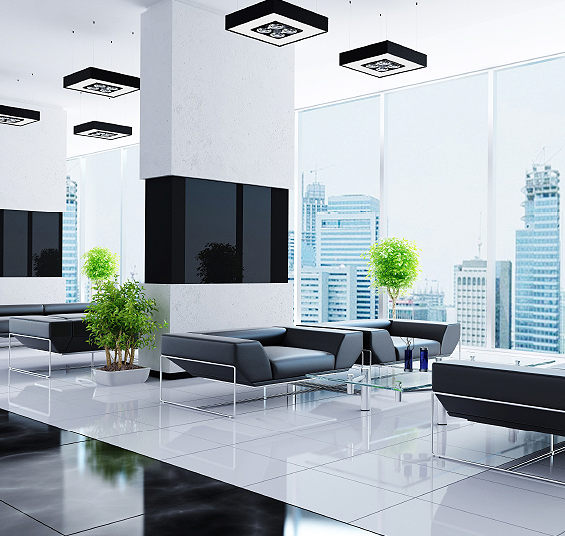
Increasingly sophisticated smart buildings are being developed to improve efficiency, reduce costs and make life easier and healthier for residents and business owners alike.
A key element in the development of smart building is the ability to infuse a high degree of intelligence into managing Indoor Air Quality (IAQ). IAQ refers to the air quality within and around buildings and structures, especially as it relates to the health, safety and comfort of building occupants.
As people spend ~90% of time indoors, indoor air quality plays a significant part in their general state of health. The indoor air in our homes, schools, offices and factories can be twice, or even up to five times more polluted than outdoor air. In recent decades, buildings became more and more airtight to be increasingly energy efficient.
This is why air ventilation has a critical role to play in renewing indoor ambient air to constantly remove all kinds of pollutants, most bio-organisms and some gases. CO2 concentration is nowadays one of the most important IAQ parameters to check, because it is the main indicator of the quality of the air renewal rate, called Air Change Rate (ACR).
Unlike VAC, IAQ focuses on the quality of the air inside a room in order to improve the well-being of its occupants. Comfort in terms of temperature, humidity (hygrometry) and even psychrometric parameters such as wet-bulb globe temperature (WBGT) is an important part of IAQ. Sauermann is committed to ensuring the measurement of all these parameters.
| What does a good air change rate help remove from ambient indoor air? | ||
|---|---|---|
| Chemical and physical pollutants | Bio-organisms | Gases |
| Volatile organic compounds (VOC) Formaldehyde (CH2O) Micro / Nano particles (PM2.5, PM10...) |
Bacteria Viruses Mould |
Carbon dioxide (CO2) Carbon monoxide (CO) Ozone (O3) Nitrogen Oxides (NOx) Hydrogen Sulphide (H2S) Sulphur Dioxide (SO2) |
Monitoring and regulation
Monitoring and regulation
All modern and modernized buildings are now equipped with a complete ventilation network to renew their indoor air, while managing at least its two main parameters: temperature and hygrometry.
This ventilation system is built around an air handling unit (AHU), which centralizes the equipment needed to circulate the air and regulate its parameters. This is where Sauermann's transmitters come into play . They will constantly monitor the quality of the air flowing out of the AHU. In addition to the exit of AHUs, the transmitters can also monitor air entering rooms inside the building. These stationary instruments ensure high reliability in continuous operation and high measuring accuracy. They transmit their measurements to a central computerized monitoring station to adjust airflow, or trigger alarms in the event of problems with the air supply parameters of the building's AHU.
Data logging
Data logging
The monitoring of indoor air quality is also necessary within areas that are usually occupied by people. This type of measurement is provided by data loggers, which have the advantage of being completely autonomous and can be placed anywhere easily.
Most public buildings, offices and schools can rely on occasional controls, but they need to be regular and spanning over several days of activity. These controls are sometimes scheduled to check the indoor air quality's compliance with certain standards of health and safety protection for the occupants.
Some managers of sensitive public buildings will prefer to ensure permanent monitoring of the indoor air in certain occupied spaces. This is sometimes the case with nurseries and schools, and other establishments hosting seniors or people in fragile conditions. Data loggers are also preferred for this type of monitoring because of their very long battery life and their convenience of use.
Commissioning and maintenance
Commissioning and maintenance
For commissioning or maintenance diagnostics of ventilation systems, handheld devices are the favorite instruments of HVAC professionals. They provide them with reliable measurements in the palm of their hands with mobile tools that offer rock-solid reliability.
Indoor air quality monitoring is an essential part of this type of activity, closely linked to the proper functioning of the indoor air conditioning system. It can also intervene within the scope of inspections intended to verify if the indoor air management complies with the current regulations.
As part of this type of control, the measurement of the CO2 levels is particularly relevant. It allows to determine if the indoor air is sufficiently renewed by the ventilation system. This air renewal rate then directly affects the concentration of pollutants, bio-organisms and harmful gases.
Products and accessories
Testimonials
MP 110 / 112 / 115
Simple and easy to use. My client was very happy.
Videos
Blog posts
Application notes
Over 800 m2 of laboratory space
Our experts provide maintenance, adjustment and calibration services for our measurement instruments.
After-sales service
Our technicians maintain and repair your devices right where they’re made.
Over 20 patents
Including our oscillating piston pump technology and the foldable frame system found on our DBM 620 air flow meter.




























